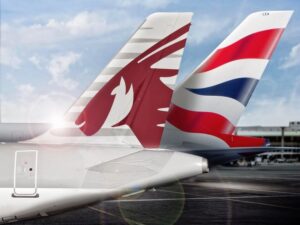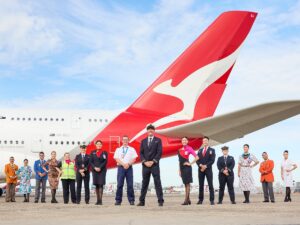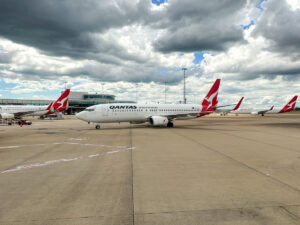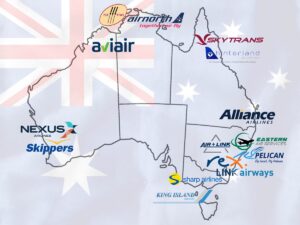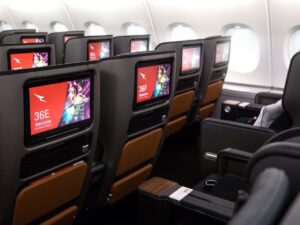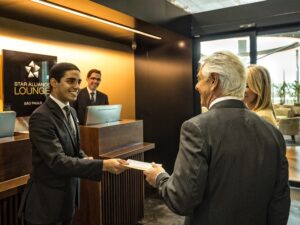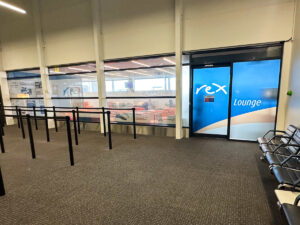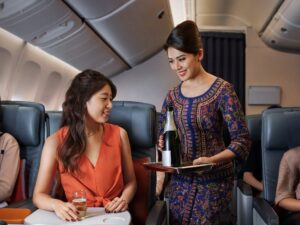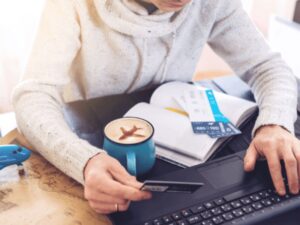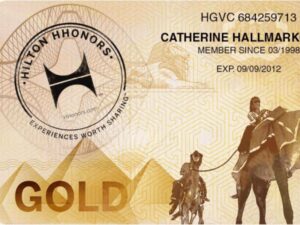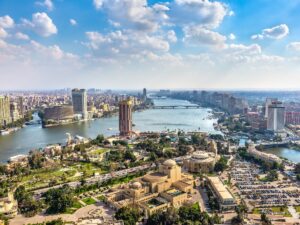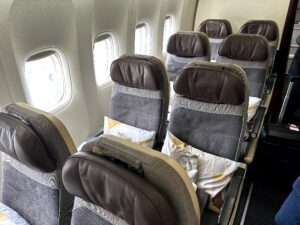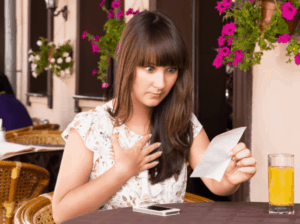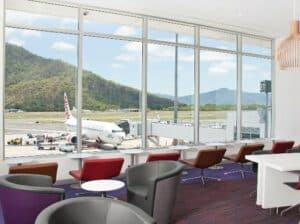
The Australian government is now requiring all international travellers to self-isolate for two weeks after arriving into Australia. The measure, designed to reduce the spread of COVID-19, came into effect at midnight last night and applies to everyone – including Australian citizens – except for operating flight crews.
At this time, the self-isolation requirement is indefinite and will be reviewed on a weekly basis.
These measures are the same as those announced by New Zealand last Saturday. The New Zealand self-isolation requirement also came into effect overnight.
The announcement was made after at least one international flight bound for Australia – QF8 from Dallas/Fort Worth to Sydney (departing 14 March) – had already taken off. Qantas passengers arriving from Dallas this morning could be in for quite a surprise!
The Australian government has also announced a temporary ban on all cruise ships from docking in Australian ports. This ban will last at least 30 days. Smartraveller continues to advice against taking a cruise at this time, and is also now advising Australians to reconsider all non-essential overseas travel.

The government is not currently advising against taking domestic flights within Australia, but says it will continue to monitor the situation going forward.
New border measures in place at Australian airports
If you’re arriving back to Australia on an international flight from today, you can expect delays at immigration and border control as new measures are put in place. All Smart Gates are out of service.
Yesterday, Prime Minister Scott Morrison said that the Australian Border Force will require everyone arriving in Australia to make a statutory declaration that they will self-isolate for 14 days upon arriving. This is now a legal requirement (previously it was voluntary for those arriving from affected areas such as China and Iran), but it will be up to each state and territory to decide how to enforce this. We’ll learn more details about this soon, but some states have indicated the possibility of large fines or even imprisonment for breaches.
Health screening will continue at Australian borders, and those with symptoms or identified as being at a higher risk will be provided with personal protective equipment.
How self-isolation will work
After arriving in Australia, you will be required to travel immediately to your isolation location – either your home or a hotel. It is recommended to use personal transport (such as a car) to limit your exposure to other people. But if you do need to use public transport (including taxis), you must take precautions including wearing a surgical mask (if available), avoiding direct contact with other passengers and following good hygiene practices.
The government also advises:
During the 14 days of isolation, you must stay at home or in your hotel and don’t go to public places including work, school, childcare, university or public gatherings. Only people who usually live with you should be in the home. Do not see visitors. If you are in a hotel, avoid contact with other guests or staff.
If you live in a private house, it is safe for you to go into your garden or courtyard. If you live in an apartment or are staying in a hotel, it is also safe for you to go into the garden but you should wear a surgical mask to minimise risk to others and move quickly through any common areas.
Furthermore, the following suggestions are offered to help pass the time:
Being in isolation can be stressful and boring. Suggestions include:
- Keep in touch with family members and friends via telephone, email or social media.
- Learn about coronavirus and talk with others.
- Reassure young children using age-appropriate language.
- Where possible, keep up normal daily routines, such as eating and exercise.
- Arrange to work from home.
- Ask your child’s school to supply assignments or homework by post or email.
- Do things that help you relax and use isolation as an opportunity to do activities you don’t usually have time for.
If you develop symptoms consistent with coronavirus after arriving from overseas, you should seek medical attention.
You will still be allowed to take connecting domestic flights before going into self-isolation, if your final destination in Australia is in another city to where your international flight lands. In addition, other family members in your household will not be required to quarantine themselves if they did not travel overseas.
The Department of Health has more information and some resources on its website.
If you are in self-isolation, you can share your experience with others in a similar situation on the Australian Frequent Flyer forum: The “I am in self-isolation” thread
More international flight reductions expected
Last week, both Qantas and Virgin Australia announced reductions to international flights over the coming months. But with these new self-isolation measures now in place, demand for international travel to and from Australia will now plummet much further than initially expected. This is terrible news for airlines and all businesses in the travel and tourism industry.
American Airlines has already announced that it will suspend all flights to Australia and New Zealand. But as the Australian government’s new self-isolation requirement was only announced yesterday, most airlines have not yet had time to adjust their schedules. However, we would expect many more international flights to be cancelled or consolidated in the foreseeable future.
Join the discussion on the Australian Frequent Flyer forum: All overseas vistors to Australia to self isolate for 14 days, similar to NZ
